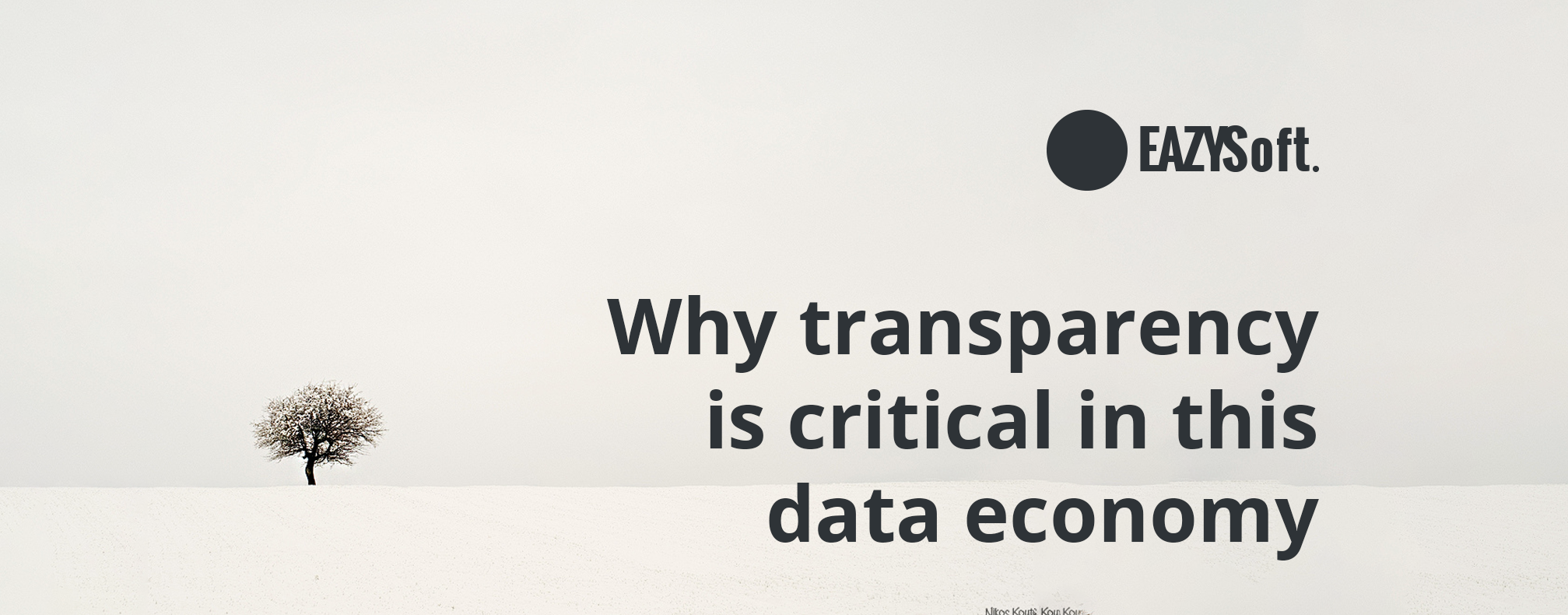
Why transparency is critical in this data economy
Recent study by the Open Data Institute (ODI) in London investigated the economic value of public sector data at 0.5% of GDP at the expense of lower transaction barriers, improved service quality, and increased economic activity. Understanding the economic value of open data is in the long way of research and analysis, including data from the private and non-governmental sectors, as well as business models of open data.
According to a study by the UK Ministry of Finances, open data each year brings £ 6.8 billion to their country’s economy. According to the Open Data Institute, more than 270 companies operate on the basis of open data in the UK, with a combined turnover of £ 92 billion a year. It is interesting that the economic effect is measured literally in everything, for example, in saving time thanks to services based on open data. , Open data is the infrastructure and foundation for a strong economy, and the British understand that every year it is confirmed by UK leadership in the global open data rankings.
The solution of the problems of transparency and openness of economy is one of the key directions in the process of further consolidation of democratic principles of state activity in the conditions of constitutional reform, rooting of civilized norms of political culture. The prerequisite for ensuring the constitutional rights of citizens to information and their participation in the management of public affairs is the transparency and openness of state authorities.
Data is rapidly becoming a currency that consumers can trade for services. Most Americans have come to rely on numerous free products, services and content available to them in the form of web-based and mobile applications.
Transparency, in any form of trade, is critical. The advent of the data economy has evolved over a very short period of time and, like any other industry at its emerging stage, must go through reflection periods and sometimes regulation, to ensure that all actors are good actors. That said, regulation sometimes has a tendency to overshoot and this is what will likely be worked out in the coming months and years to get to a place where consumers and providers can co-exist in a mutually beneficial ecosystem.
The problem of openness of the economy is both reverse and negative. There are a number of shortcomings. This is especially true for developing countries and countries with economies in transition. It must be remembered that the realization of the policy of integration of the national economy into the world economy should combine pragmatic openness with reasonable protectionism. The optimal openness should take place. Its level depends on many factors of economic, technological, historical aspects.
The development of any economic system depends on a number of factors. This or that combination of factors ultimately determines the innovativeness of the economy. The realities of the modern world prove that the most successful economic development of those countries that are focused at all levels of the economy (micro-, meso-, macro-) are focused on intellectual resources. The most effective use of these resources is possible only in conditions of transparency in making managerial decisions. From the economic point of view, information transparency should help reduce unpredictability in making managerial decisions, and build confidence at all levels of the economic system.
The openness of the country’s economy is a complex system for understanding and proper activity which should be used aggregate. The construction of such an indicator of the economy transparency is complex and requires a comprehensive and well-grounded approach.
